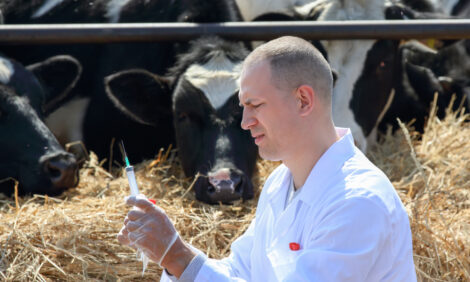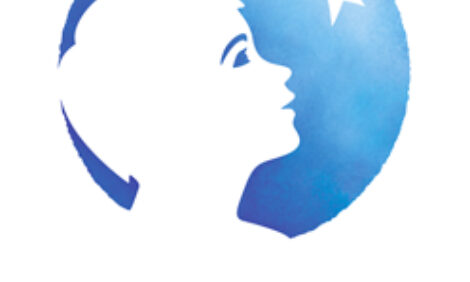



Farmers & Producers Agree On Raw Milk Price Hike
SOUTH KOREA - Dairy farmers and milk producers reached a long delayed agreement on a hike in the price of raw milk, a move feared to make milk products more expensive and add to inflationary pressure.YonhappNewsAgency reports that the agreement, effective immediately from Tuesday 16 August, calls for raising the average price of raw milk by 130 won per liter from the current 704 won ($0.66) to 834 won.
"Negotiations on the rise of the raw milk price were successfully concluded as both producers and milk companies agreed to accept the government proposal for a 130 won increase," the Korea Dairy and Beef Farmers Association said in a released statement.
The sides also agreed to ease price gaps between different grades of milk, a move the association earlier said would have the same effect of raising the average price of raw milk by an additional 8 won per liter. Tuesday's agreement was reached after several rounds of negotiations between the association and milk companies that began 21 June.
The dairy farmers' association earlier demanded an increase of 173 won per liter, claiming the current price did not even cover their costs. The current price of raw milk was set in 2008 and has remained unchanged since.
Milk companies, however, offered to raise the price by only 81 won, although they later offered a 130 won increase.
The 130 won increase, approved on Tuesday, was proposed by the government last week after the two sides failed to overcome their differences after nearly two months of negotiations, prompting dairy farmers to stop supplying raw milk to milk companies for three days from Wednesday.
The rise of the raw milk price will inevitably lead to a price hike for milk products, but the shelf price of milk is expected to rise by a significantly larger margin.
Some of the milk companies are expected to reflect the rise of their other costs, such as labour, in their latest price hike, leading to a price increase of 300 won to 400 won per liter.
A rise in milk prices will also lead to a price increase for other milk-based dairy products, including butter, cheese and even bread, exerting further upward pressure on the country's already high consumer prices.
South Korea's consumer prices jumped 4.4 per cent from a year earlier in July, surpassing the government's annual inflation target of four per cent for the seventh straight month.
Agriculture Minister Suh Kyu-yong earlier said the government has asked the country's milk companies to delay their price hikes at least until next year.
The companies have already refused to comply, though not explicitly, saying the rise of prices is also taking heavy tolls on their costs.
Further Reading
| |
- | Go to our previous news item on this story by clicking here. |
TheCattleSite News Desk


